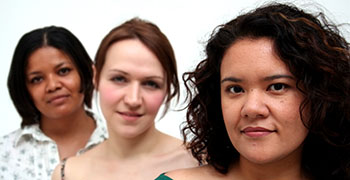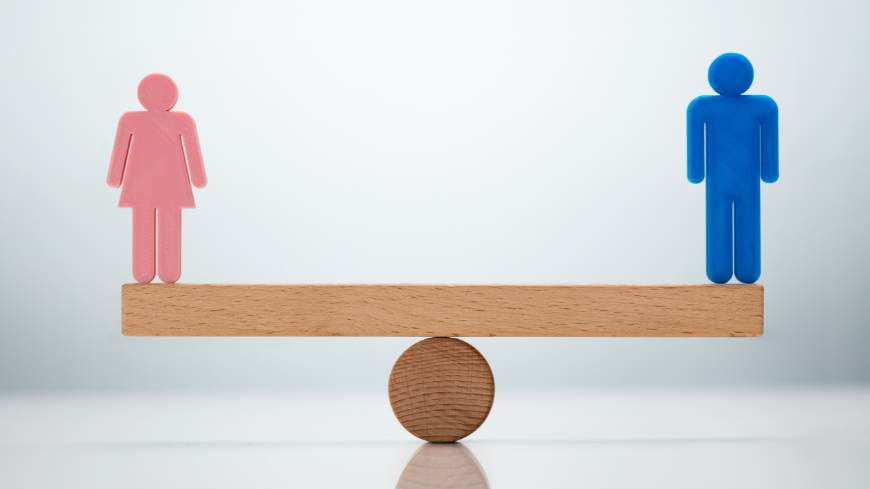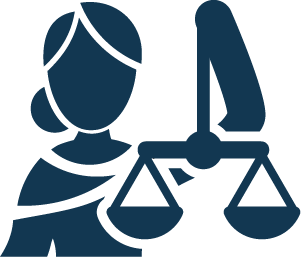The Council of Europe’s Committee of Ministers has adopted a new Gender Equality Strategy for 2024-2029. In line with the Reykjavik commitments of the Heads of State and Government, this Strategy will guide the organisation’s work towards gender equality over the next six years. Secretary General Marija Pejčinović Burić said that “adopting this new Gender Equality Strategy for 2024-2029 on the eve of International Women’s Day sends a very strong signal of our commitment”.
Addressing existing and emerging challenges, the new Strategy is structured around six objectives:
- Preventing and combating gender stereotypes and sexism
- Preventing and combating violence against women and girls and domestic violence
- Ensuring equal access to justice for women and girls
- Achieving balanced participation of women and men in political, public, social and economic life
- Ensuring women’s empowerment and gender equality in relation to global and geopolitical challenges
- Achieving gender mainstreaming and including an intersectional approach in all policies and measures
A high-level conference to formally launch the Strategy will be held in Strasbourg on 30 May, as part of the programme of the Lithuanian Presidency of the Committee of Ministers.




